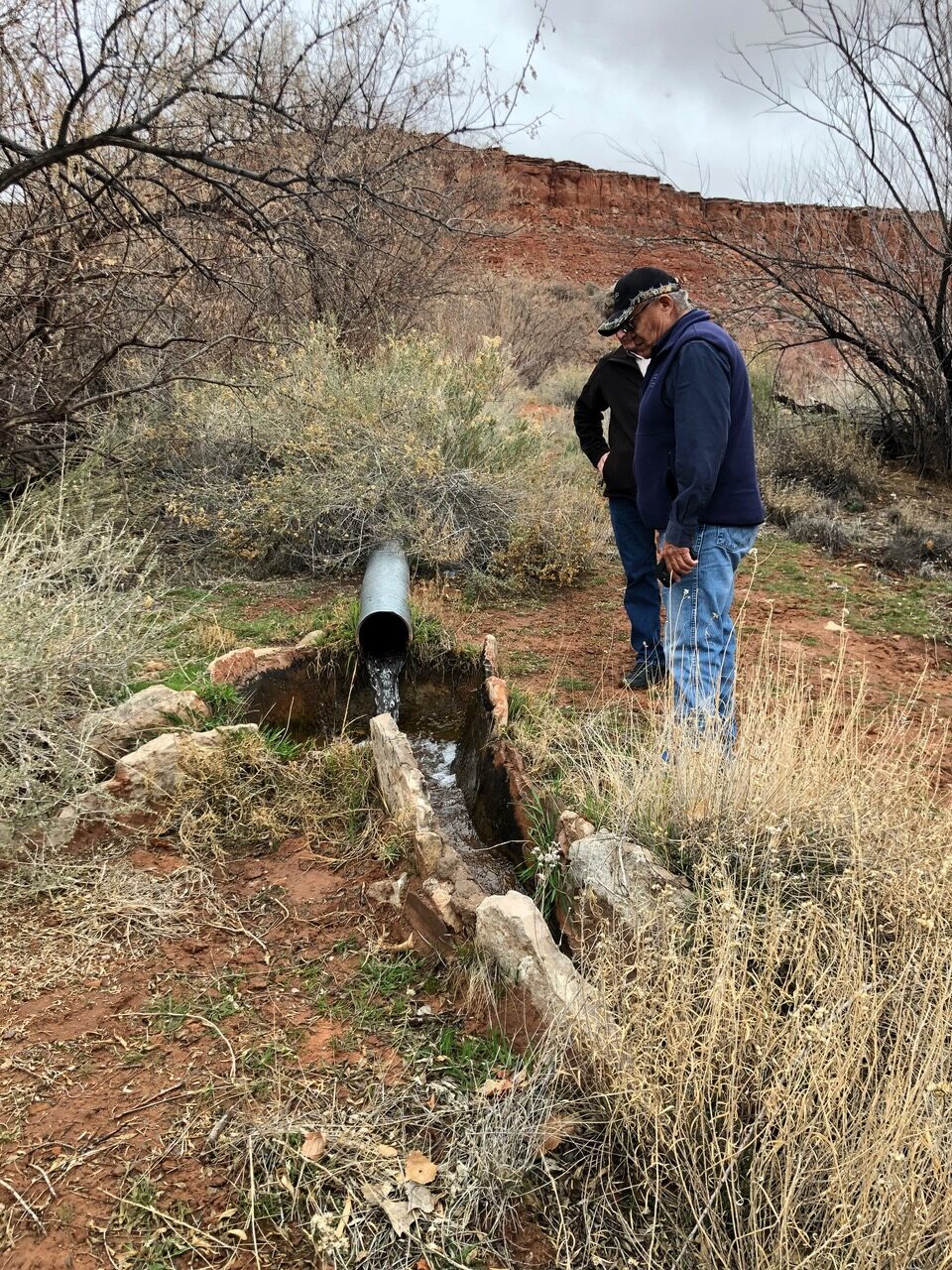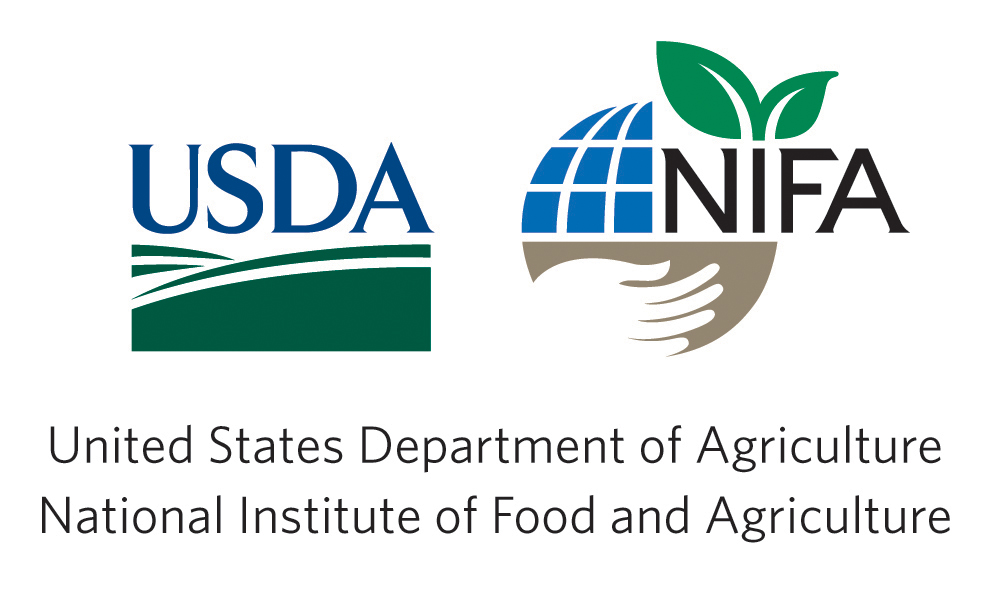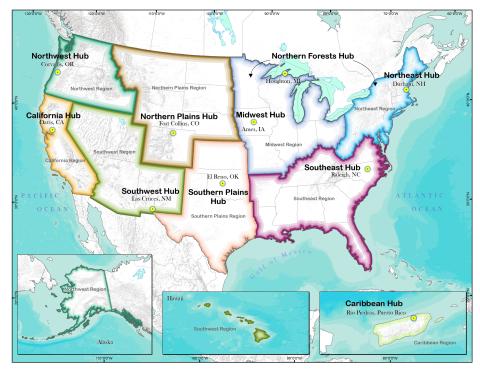
Select Page


The Native Resilience project supports agricultural adaptation efforts in Native American communities of the Southwest and Northern Plains regions by building new connections between Native wisdom and western scientific data. Through two-way information-sharing and relationship-building, our project team aims to make agricultural and environmental data more accessible and useful to Tribes in Northern Plains and Southwest Hub regions, and to build awareness nationally about adaptation options and resilience on Native lands.
The project is led by the Desert Research Institute in partnership with the Federally Recognized Tribes Extension Program (FRTEP), University of Nevada, Reno Tribal Extension, University of Montana, Montana State University, University of Arizona Extension, and the USDA Climate Hubs. The project team works closely with Native American natural resource, agriculture, and climate leaders; Tribal Extension personnel (FRTEP and Tribal Colleges and Universities); the research community working in Indian Country; Climate services (USDA, USGS, NOAA, State Climatologists); and Native American advisors.
This project is funded by the U.S. Department of Agriculture, and builds on the work of the Native Waters on Arid Lands project (2015-2022).

USDA Climate Hubs work across ten regions of the U.S. to support agricultural producers and professionals by providing science-based, region-specific information about climate change and climate adaptation strategies. The Climate Hubs can fill a critical gap to enhancing climate resiliency in Indian Country by delivering timely climate-related information and resources to Native agricultural producers, educators, and resource managers. This project targets closing this gap by creating sustainable relationships among Climate Hubs, Tribal Extension professionals, and partner organizations in the region.
More information: https://www.climatehubs.usda.gov/

Our project team will primarily work with the Southwest and Northern Plains climate hubs.
To build relationships and strengthen agroecosystem resilience among tribes in the intermountain west by:
Creating two-way communication pipelines that allow agricultural and environmental information to flow from the Climate Hubs and partner organizations to tribal ag-producers and educators and for traditional knowledge about agricultural and environmental adaptation to flow back to the Hubs and other partners.
Capacity-building in needed areas of agriculture, climate data, and education. Our team’s Agriculture Fellow will work to identify information needs of Native American farmers and ranchers. A Data Fellow will enhance environmental monitoring and data services on tribal lands. A Teaching Fellow will create place-based education modules for Native teachers.
Building awareness nationally about environmental impacts and resilience on Native lands. A team of resilience reporter interns will tell the story of resilience in Indian Country by reporting on environmental adaptation and tribal resilience on their reservations.